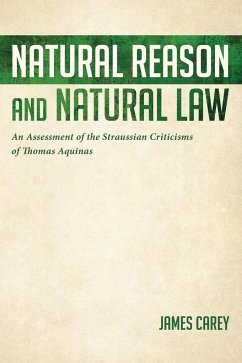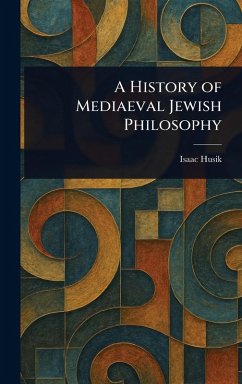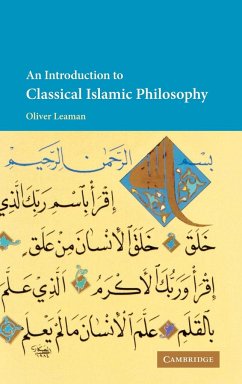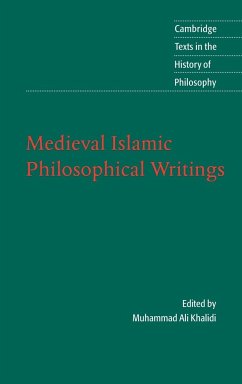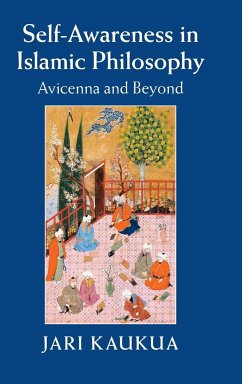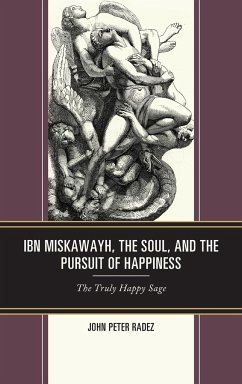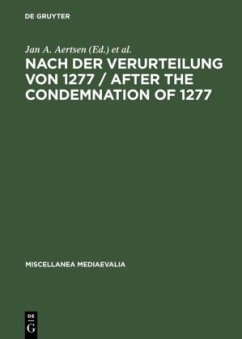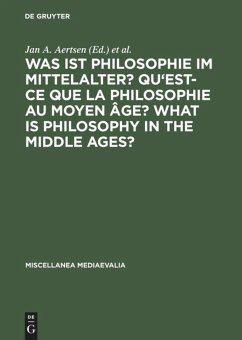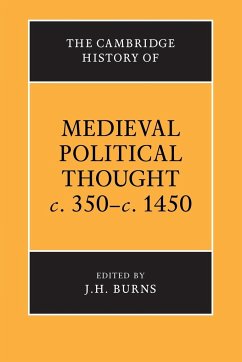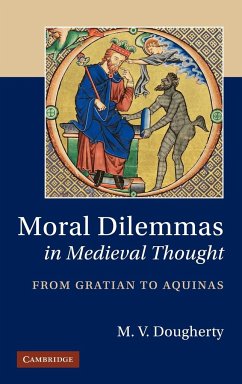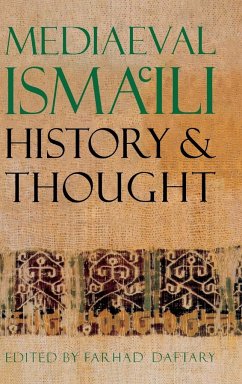
Mediaeval Isma'ili History and Thought

PAYBACK Punkte
60 °P sammeln!
Until recently the Isma`ilis were judged almost exclusively on the basis of the hostile accounts of their Muslim enemies and the fanciful tales of the Crusaders. As a result, numerous misconceptions were disseminated about the teachings and practices of the Isma'ilis, known in European tradition as the Assassins. In the 1930s, however, authentic Isma`ili texts began to be recovered from private collections which shed new light on mediaeval Isma`ili history and thought. This collective volume, the first major effort of its kind in this branch of Islamic studies, brings together some of the orig...
Until recently the Isma`ilis were judged almost exclusively on the basis of the hostile accounts of their Muslim enemies and the fanciful tales of the Crusaders. As a result, numerous misconceptions were disseminated about the teachings and practices of the Isma'ilis, known in European tradition as the Assassins. In the 1930s, however, authentic Isma`ili texts began to be recovered from private collections which shed new light on mediaeval Isma`ili history and thought. This collective volume, the first major effort of its kind in this branch of Islamic studies, brings together some of the original results of modern scholarship in the area, written by leading contemporary authorities, as well as distinguished Islamists.
Table of contents:
1. Introduction: Isma`ilis and Isma`ili studies Farhad Daftary; Part I. The Classical Phase: 2. The Fatimids and the Qarmatis of Bahrayn Wilferd Madelung; 3. The cosmology of the pre-Fatimid Isma'iliyya Heinz Halm; 4. Abu Ya'qub al-Sijistani and the seven faculties of the intellect Wilfred Madelung; 5. The Isma'ili oath of allegiance ('ahd) and the 'sessions of wisdom' (majalis al-hikma) in Fatimid times Heinz Halm; 6. Al-Qadi al-Nu`man and Isma`ili jurisprudence Ismail K. Poonawala; 7. A critique of Paul Casanova's dating of the Rasa'il Ikhwan al-Safa' Abbas Hamdani; 8. Portraits of self and others: Isma`ili perspectives on the history of religions Azim A. Nanji; 9. An Isma`ili version of the heresiography of the seventy-two erring sects Paul E. Walker; Part II. The Nizari Phase: 10. Hasan-i Sabbah and the origins of the Nizari Isma'ili movement Farhad Daftary; 11. The power struggle between the Saljuqs and the Isma'ilis of Alamut, 487-518/1094-1124: The Saljuq perspective Carole Hillenbrand; 12. The Isma'ilis of Quhistan and the Maliks of Nimruz or Sistan C. Edmund Bosworth; 13. The philosopher/vizier: Khwaja Nasir al-Din al-Tusi and the Isma`ilis Hamid Dabashi; 14. 'Sometimes by the sword, sometimes by the dagger': the role of the Isma'ilis in Mamluk-Mongol relations in the 8th/14th century Charles Melville; 15. The Isma'ili ginans: reflections on authority and authorship Ali S. Asani; 16. The Nuqtawi movement of Mahmud Pisikhani and his Persian cycle of mystical-materialism Abbas Amanat.
Until recently, the Isma`ilis were judged almost exclusively on the basis of hostile Muslim and European sources. This volume, the result of some of the most recent scholarship in the area, written by leading contemporary authorities in the field, sheds a new and more realistic light on their history.
New scholarship on Isma`ili history and thought from leading authorities in the field.
Table of contents:
1. Introduction: Isma`ilis and Isma`ili studies Farhad Daftary; Part I. The Classical Phase: 2. The Fatimids and the Qarmatis of Bahrayn Wilferd Madelung; 3. The cosmology of the pre-Fatimid Isma'iliyya Heinz Halm; 4. Abu Ya'qub al-Sijistani and the seven faculties of the intellect Wilfred Madelung; 5. The Isma'ili oath of allegiance ('ahd) and the 'sessions of wisdom' (majalis al-hikma) in Fatimid times Heinz Halm; 6. Al-Qadi al-Nu`man and Isma`ili jurisprudence Ismail K. Poonawala; 7. A critique of Paul Casanova's dating of the Rasa'il Ikhwan al-Safa' Abbas Hamdani; 8. Portraits of self and others: Isma`ili perspectives on the history of religions Azim A. Nanji; 9. An Isma`ili version of the heresiography of the seventy-two erring sects Paul E. Walker; Part II. The Nizari Phase: 10. Hasan-i Sabbah and the origins of the Nizari Isma'ili movement Farhad Daftary; 11. The power struggle between the Saljuqs and the Isma'ilis of Alamut, 487-518/1094-1124: The Saljuq perspective Carole Hillenbrand; 12. The Isma'ilis of Quhistan and the Maliks of Nimruz or Sistan C. Edmund Bosworth; 13. The philosopher/vizier: Khwaja Nasir al-Din al-Tusi and the Isma`ilis Hamid Dabashi; 14. 'Sometimes by the sword, sometimes by the dagger': the role of the Isma'ilis in Mamluk-Mongol relations in the 8th/14th century Charles Melville; 15. The Isma'ili ginans: reflections on authority and authorship Ali S. Asani; 16. The Nuqtawi movement of Mahmud Pisikhani and his Persian cycle of mystical-materialism Abbas Amanat.
Until recently, the Isma`ilis were judged almost exclusively on the basis of hostile Muslim and European sources. This volume, the result of some of the most recent scholarship in the area, written by leading contemporary authorities in the field, sheds a new and more realistic light on their history.
New scholarship on Isma`ili history and thought from leading authorities in the field.





